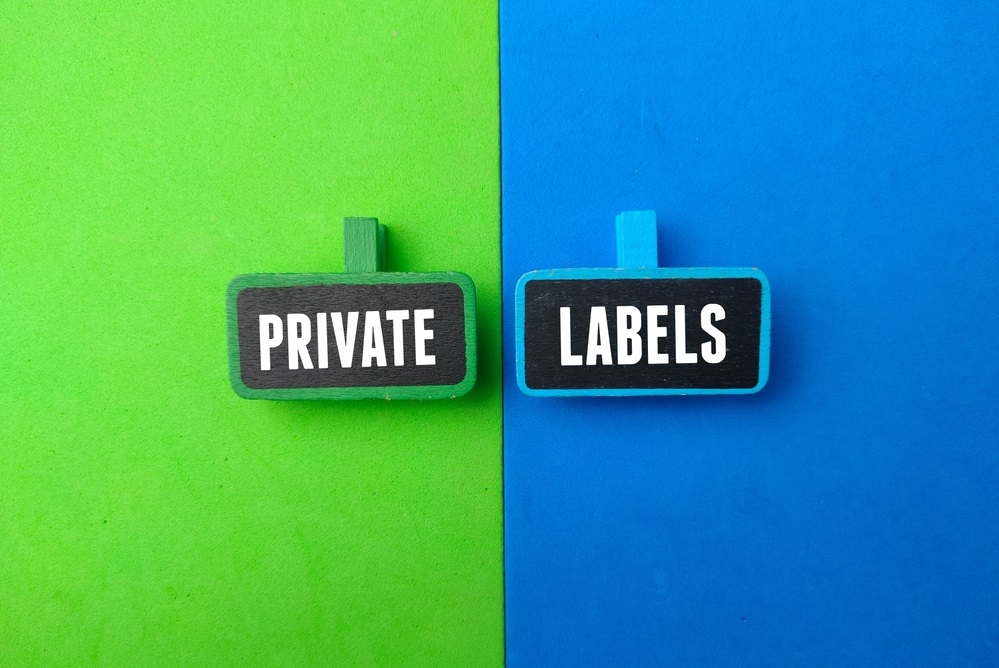The rise of private labels has reshaped the retail landscape for consumers by providing more choices, accessibility, and competition
The Indian consumer defies easy categorisation, with a focus on value over brand loyalty. This multifaceted landscape forces brands to adapt to evolving consumer preferences, especially in the era of online and omnichannel retail. In modern retail, a significant transformation is driven by the rise of private-label products. These products offer consumers unprecedented choice, accessibility, and competition, revolutionising the retail experience. The contemporary Indian consumer is highly selective, seeking products that align with their values, preferences, and lifestyles. This quest for alignment has ushered in an era of abundant choice, wherein private-label offerings shine. Unlike branded products that adhere to standardised mass production, private labels enjoy the flexibility to tailor their offerings to specific consumer segments. This customisation ensures a diverse range of products, catering to a multitude of tastes.
Consider a local grocery store that introduces a line of organic, gluten-free snacks under its private label. Health-conscious consumers with dietary restrictions can now revel in a variety of options tailored to their needs. This trend has transitioned seamlessly into the online sphere, with players like Big Basket capitalising on the same strategy. The power of choice facilitated by private labels liberates consumers from the constraints of a one-size-fits-all approach, elevating the shopping experience to a realm of delight. Consumers can now indulge in a cornucopia of products that resonate with their unique preferences.
Accessibility, a cornerstone of effective retail, is undergoing a renaissance through private labels. Thanks to their competitive pricing and tailored assortments, private labels are closing the accessibility gap in innovative ways. Branded products often come with a premium price tag to cover expenses related to marketing, advertising, and brand equity. Private labels, in contrast, benefit from reduced overhead costs, allowing retailers to pass on the savings to consumers. This affordability factor extends the reach of high-quality products to a broader demographic, ensuring that excellence is not limited to a select few.
Imagine a family in search of quality household cleaning products that fit within their budget. Private label options, often priced more attractively than their branded counterparts, provide a solution for these families to maintain their standards of cleanliness without straining their finances. By making quality products accessible to a wider consumer base, private labels foster inclusivity in consumption, making sure that everyone can partake in products that enhance their lives.
Healthy competition is the lifeblood of a thriving marketplace. It propels innovation, maintains reasonable pricing, and compels industry players to continuously raise their standards. Private labels, primarily offered by retailers, infuse a healthy dose of competition into the retail ecosystem. By challenging established brands and offering unique products, private labels motivate traditional manufacturers to innovate and stay competitive in terms of pricing. This cycle of constant improvement spurs brands to outdo each other in delivering value to consumers. In this landscape of vibrant competition, consumers are the ultimate beneficiaries.
As we navigate this evolving retail landscape, consumers find themselves at the epicentre, empowered by an unprecedented range of choices. The appeal of private labels lies not only in the value they provide but also in the transformative experience they bring to the act of shopping. Through their unique advantages, private labels weave a narrative of empowerment, inclusivity, and progress, reshaping the way we perceive, consume, and engage with products that enrich our lives.
Companies like Ajio, Amazon, Nykaa, Flipkart, Pepperfry, and Tata CliQ have successfully harnessed their marketplaces to introduce and promote private-label products, offering consumers an expanded spectrum of choices. Even offline retailers are capitalising on the rising popularity of private label brands, with in-house labels contributing significantly to their sales. This paradigm shift is not only altering consumers’ shopping patterns but also providing a lifeline for MSMEs.
At the backdrop of the upcoming e-commerce policy, a sense of parity between online and offline players is important, especially as ONDC evolves. It could allow retailers to become multi-brand marketplaces as well as have their own private labels to offer distinct offerings, keep competition going and build themselves up as brands. A restrictive policy could just make it hard for them to grow and kill the potential that omnichannel retail has to offer.
In conclusion, the rise of private labels has reshaped the retail landscape for consumers by providing more choices, accessibility, and competition. Generic products are giving way to personalised options that align with individual preferences. Private labels are breaking down accessibility barriers, offering cost-effective alternatives to a wider audience. This has ignited healthy competition, pushing established brands to elevate their standards.
The benefits of private labels are clear. Therefore, it’s crucial to thoughtfully approach regulatory development in this sector. While proposed e-commerce rules in India aim to address unfair practices and improve grievance resolution, they must also consider the impact on innovation and sector growth. Excessive regulations could hinder private label potential and industry progress. Striking the right balance might involve self-regulation and collaboration. E-commerce platforms could adopt self-regulation or co-regulation to ensure fair competition, prevent bias, and nurture a thriving market. This approach ensures consumer protection while fostering an environment for private label and MSME growth.
(This article is authored by Lloyd Mathias, Business Strategist and an Independent Director)



